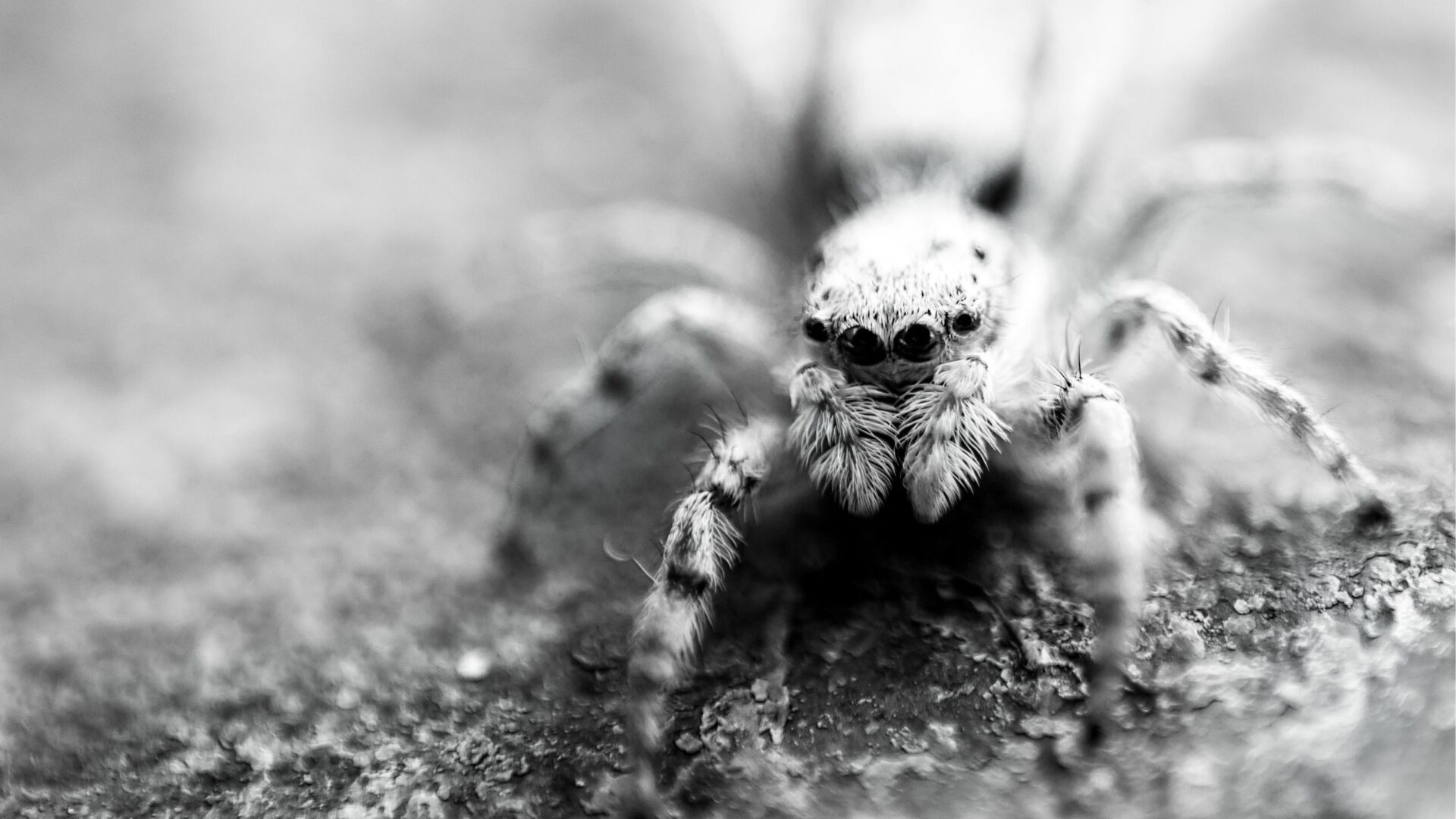Arachnophobia, an irrational and overwhelming fear of spiders, is one of the most common specific phobias that afflicts individuals worldwide. This anxiety disorder triggers intense fear and panic when encountering spiders, leading to avoidant behaviors and distress. In this comprehensive article, we will delve into the possible causes of arachnophobia, its consequences on human behavior, and explore both psychological and supernatural perspectives. Additionally, we will shed light on some famous individuals who have publicly disclosed their struggles with this debilitating fear.
Section 1: Understanding Arachnophobia
1.1 Definition of Arachnophobia:
Arachnophobia, derived from the Greek word “arachne” (spider) and “phobos” (fear), is an excessive and persistent fear of spiders. It is categorized as a specific phobia, where individuals experience intense anxiety and distress when exposed to spiders or even the thought of encountering them.
1.2 Prevalence of Arachnophobia:
Arachnophobia is widespread, affecting millions of people across different cultures and age groups. Studies suggest that approximately 30% of the global population may experience some level of fear or discomfort when confronted with spiders.
Section 2: Possible Causes of Arachnophobia
2.1 Traumatic Experience:
One common cause of arachnophobia is a traumatic experience involving spiders during childhood or adolescence. A distressing encounter, such as being bitten by a spider or witnessing someone else experiencing harm, can leave a lasting impression on the individual’s mind, leading to the development of arachnophobia.
2.2 Vicarious Learning:
Observational learning or vicarious experiences can contribute to the acquisition of arachnophobia. Children or individuals who witness family members or friends displaying intense fear or aversion to spiders may internalize these reactions, leading to the development of their own fear.
2.3 Cultural and Social Factors:
Cultural beliefs, urban legends, and media portrayals of spiders as dangerous or threatening creatures can influence the development of arachnophobia. Negative social reinforcement, such as family members teasing or mocking the fear, may also exacerbate the phobia.
2.4 Supernatural Causes:
In some cultures, arachnophobia is linked to supernatural beliefs and folklore. For instance, in certain African, Native American, or Asian cultures, spiders are associated with evil spirits, curses, or bad luck, making encounters with spiders particularly fearful.
Section 3: Consequences on Human Behavior
3.1 Avoidant Behaviors:
The hallmark of arachnophobia is the adoption of avoidant behaviors. Individuals with arachnophobia may actively avoid places or activities where spiders are likely to be present, such as gardens, basements, or camping trips. They may also refuse to touch or interact with objects resembling spiders, such as Halloween decorations or toy spiders.
3.2 Impaired Daily Functioning:
Arachnophobia can significantly impair an individual’s ability to carry out daily activities. The constant fear of encountering spiders can restrict social interactions, hobbies, and outdoor activities, leading to a diminished quality of life.
3.3 Emotional Distress:
Living with arachnophobia can cause constant emotional distress and anxiety. Individuals may experience panic attacks, rapid heart rate, trembling, and sweating when confronted with even the thought of spiders.
3.4 Impact on Relationships:
Arachnophobia can strain personal relationships, especially when the fear interferes with shared activities or travel plans. Loved ones may struggle to understand the severity of the phobia, leading to feelings of isolation and frustration for both parties.
Section 4: Famous People with Arachnophobia
4.1 Justin Timberlake:
The multi-talented singer and actor, Justin Timberlake, has publicly disclosed his fear of spiders. He admitted to being terrified of them and stated that encountering spiders is one of his greatest fears.
4.2 Tobey Maguire:
The actor Tobey Maguire, known for his portrayal of Spider-Man in the early 2000s film trilogy, ironically suffers from arachnophobia in real life. Despite playing a superhero associated with spiders, he is terrified of the eight-legged creatures.
4.3 J.K. Rowling:
The beloved author of the “Harry Potter” series, J.K. Rowling, has openly spoken about her arachnophobia. She mentioned that her fear is so intense that she had to be cautious while writing scenes involving giant spiders in her books.
Arachnophobia, the fear of spiders, is a prevalent and often debilitating anxiety disorder that affects a significant portion of the population. The possible causes of arachnophobia range from traumatic experiences and vicarious learning to cultural and supernatural influences. Individuals with arachnophobia exhibit avoidant behaviors and experience emotional distress, leading to impaired daily functioning and strained relationships.
By understanding the origins and consequences of arachnophobia, we can provide support and compassion to those who struggle with this fear. Famous individuals like Justin Timberlake, Tobey Maguire, and J.K. Rowling have bravely shared their experiences, bringing awareness to this common and often misunderstood phobia. Through education, empathy, and effective therapeutic interventions, individuals with arachnophobia can find relief and regain control over their



